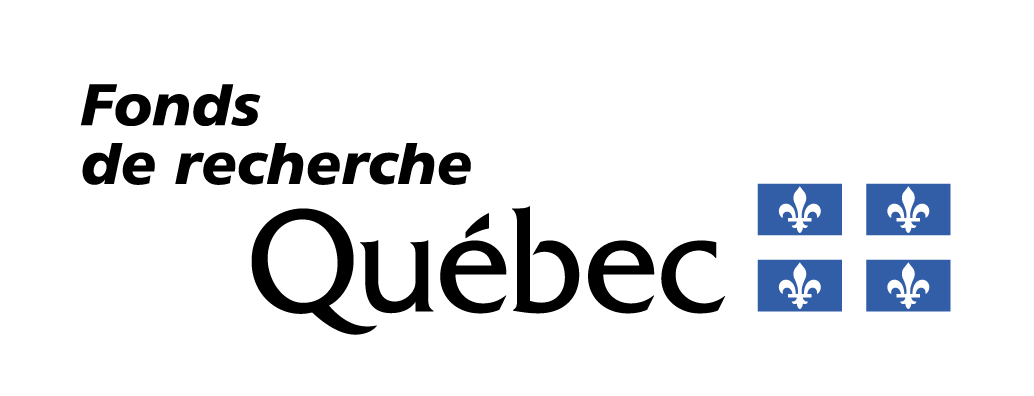443 – RRECQ B3 Structuring Projects Symposium – Circularity in Organizations: The Intangibles
Please note this symposium will be in French.
The circular economy (CE) is defined as “an economic system that represents a paradigm shift in the way human society relates to nature and aims to prevent resource depletion, close energy and material loops and facilitate sustainable development” (Prieto-Sandoval et al., 2018). Although the notion of CV is over 50 years old, the circular model’s deployment is gradual, and the global economy is only 7.2% circular. Quebec’s economy is 3.5% circular (Circle Economy, 2024).
How can we explain these low levels of circularity in the context of the climate and biodiversity emergency revealed by the IPCC (2023) and IPBSE (2022)? First, it’s useful to situate the issue at the level of organizations, particularly businesses, which are the main generators of environmental impacts. Then, it’s relevant to look at small and medium-sized organizations (SMOs), which account for some 95% of organizations worldwide. The participation of all players is required to circularize the economy (Québec circulaire, 2024), and organizations can play a significant role.
However, a number of obstacles limit the integration of CV practices into SDAs. Technical and financial obstacles, such as the lack of financial resources, skills and appropriate technologies, have been documented for some years now. However, more managerial aspects also need to be examined. What is the role of organizational culture, leadership, employee commitment and stakeholder collaboration in driving or hindering CE initiatives? These topics, which are less well documented in the literature, will be the focus of this symposium organized by RRECQ’s Theme and Structuring Project on Organizational Practices (TPS B3).
Replay and presentations
- François Labelle et Julie Larivière – Collaboration agile et évolutive à travers une transversalité multi-échelle pour favoriser et accélérer la transition vers une économie circulaire (Presentation / Replay – french version only)
- Marc Journeault – Étude de cas pour la mesure de la circularité d’une organisation (Replay – french version only)
- Guillaume Pain – Apprentissage organisationnel dans la transition vers une économie circulaire : antécédents, processus et résultats, une revue systématique (Presentation / Replay – french version only)
- Jason Rivest – État de l’art sur le rôle des méta-organisations coopératives dans le déploiement de pratiques reliées à l’économie circulaire (Replay – french version only)
- Samira Rousselière – Les intangibles de l’innovation sociale : Valorisation des drêches de brasserie et dynamiques de transition écologique et économique : une étude exploratoire (Replay – french version only)
- Marc Taillefer – Comment utiliser pleinement les normes internationales pour une meilleure économie circulaire (Presentation / Replay – french version only)
